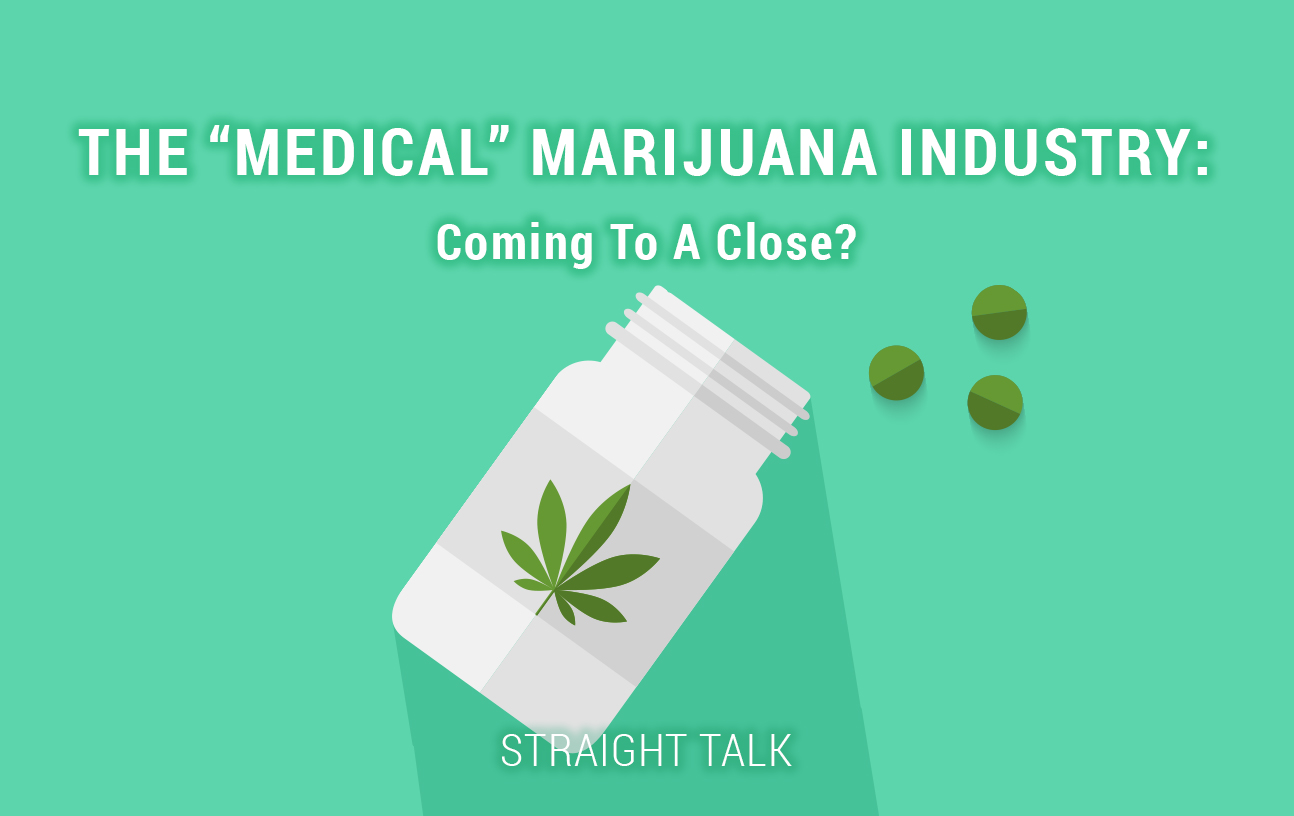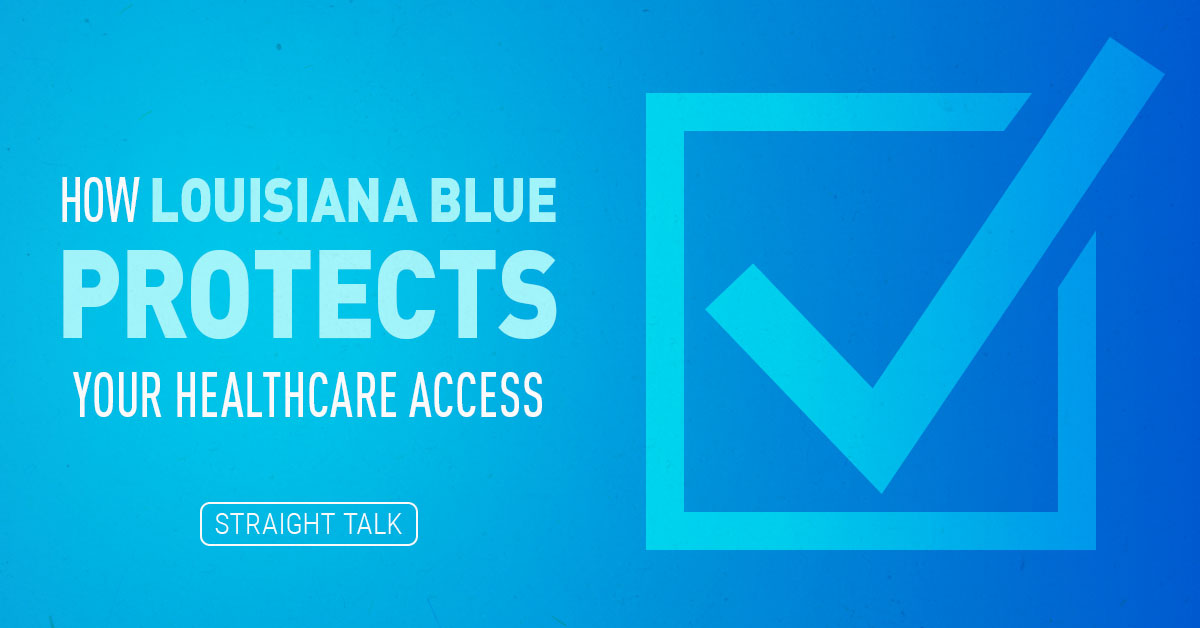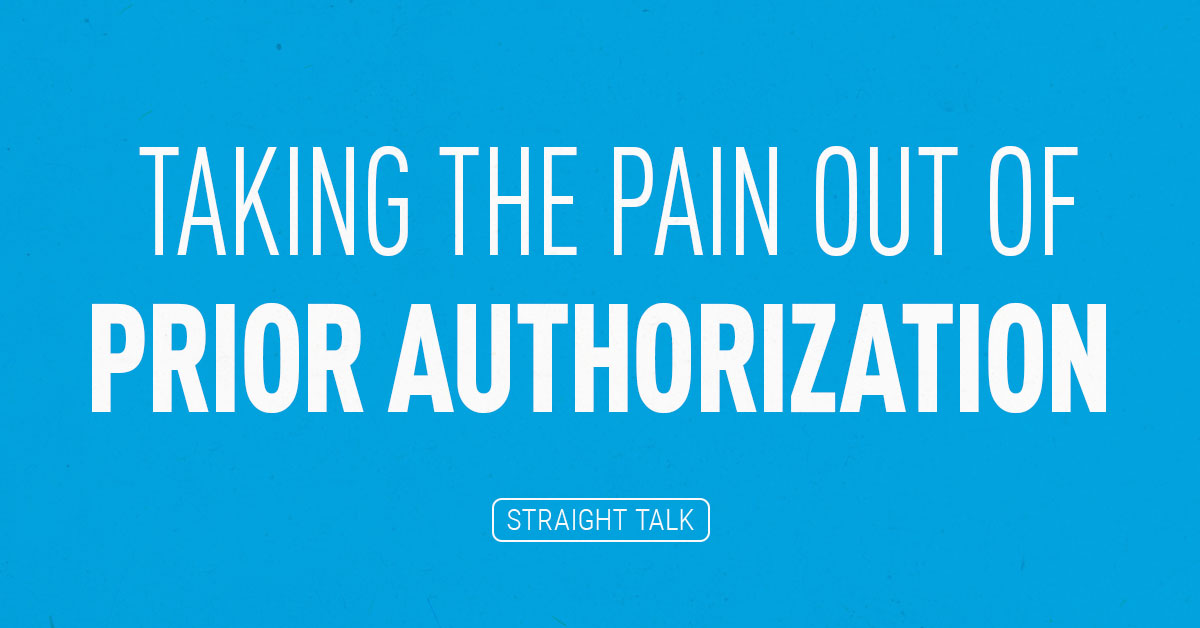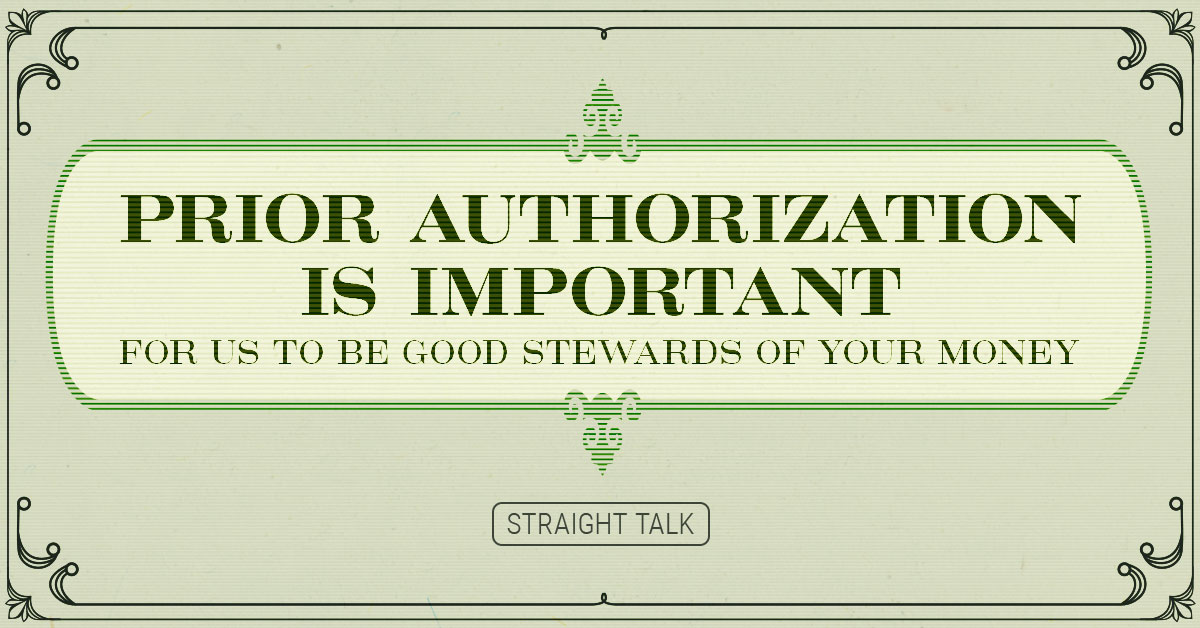You may remember that earlier this year, I wrote a post updating the status of medical marijuana nationwide and in Louisiana, talking at length about how health insurance companies like Blue Cross and Blue Shield of Louisiana view marijuana products. Since that article was published, several important things have changed in Louisiana concerning medical marijuana.
Louisiana’s Marijuana Laws and Regs
In its most recent session, our state legislature increased the number of conditions medical marijuana can now be “recommended” for. Here’s the current list:
| Approved Conditions by Louisiana | |
| Original (2015-16) List | New (2018) List |
|
|
It’s worth remembering that it is still a federal offense for a doctor to actually prescribe any marijuana-derived product; they can only issue a letter of recommendation (after approval by the Louisiana State Board of Medical Examiners) for a patient to take to a state-approved pharmacy (there will be 10 or fewer statewide) acting as a medical marijuana “dispensary.” And, it’s still illegal to sell or use marijuana in a “smokeable” form. These dispensaries will offer marijuana as cannabinoid oil, topical creams or edibles.
The Louisiana State Pharmacy Board assigned up to 10 licenses to distribute medical marijuana, and it definitely won’t be available at your local CVS, Walmart or Walgreens. An approved marijuana dispensary is typically a local, independent pharmacy or a brand-new startup financed by out-of-state interests. They are scattered throughout the state, in accordance with the medical districts assigned by the U.S. Center for Medicare and Medicaid Services, plus one extra license.
Louisiana’s medical marijuana program also requires physicians who want to “recommend” the product to become specially licensed to do so. As of mid-June 2018, only 15 physicians had applied. Each of these physicians is allowed to manage a maximum of 100 patients, and the patients must come back to the physician every 90 days for a check-up and new recommendation.
Medical experts predict the addition of “intractable pain” to the list of conditions will mean hundreds of thousands of Louisianians will have a qualifying condition for a medical marijuana recommendation. In a recent news article, one doctor indicated he might be interested in recommending marijuana, if there were a way to determine patients were not also on opioids.
Is It All For Naught?
On June 26, 2018, something very interesting happened and I think it could have dire implications for the medical marijuana industry. The federal Food and Drug Administration approved to sell in the U.S. an actual drug that contains the “medicinal” part of marijuana (not the part that gets you high)
This drug, Epidiolex, went through all the usual pharmaceutical testing and processes and was approved to treat several of the conditions listed above, especially the rarer forms of epilepsy that medical marijuana supporters have used as a justification for many years. This drug is also reportedly effective for anxiety disorders in some cases.
Because Epidiolex contains cannabis compounds, it is still considered a Schedule 1 drug and will be illegal to prescribe until the federal Drug Enforcement Administration (DEA) sets conditions, but it’s on the DEA fast-track. The rush is because this drug has tons of science behind it, purification processes and formal procedures that will have the potential to make this a known quality, safe drug, unlike some of the marijuana being distributed at dispensaries around the nation.
NPR Healthshots reported in March 2018 that statewide sampling of marijuana dispensaries in California turned up marijuana products contaminated with bacteria, mold and pesticides. CBS News reported in January 2017 on strong scientific evidence linking regular marijuana use to schizophrenia and other causes of psychosis, with the risk increasing with frequent use.
It’s clear consumers of these products would benefit from a well-regulated, well-defined drug with purity standards and full notifications of potential side effects.
What About Medical Marijuana?
As cannabidiol (the active ingredient in marijuana) is better understood and processed, safer drugs that take advantage of its medicinal properties will certainly make their way onto the market.
It seems very likely to me that more drugs like Epidiolex will emerge. These drugs are ones a doctor can prescribe and a regular pharmacy can fill, minimizing the need for “medical” marijuana in the long run.
The Straight Talk is that one of the things that has driven the adoption of “medical” marijuana over the past decade is the perception that it has strong medicinal properties and that the federal government (FDA and DEA) simply weren’t providing the answers patients needed.
Now that a drug company has pushed a marijuana-based drug through the standard processes and protocols at the FDA, and the DEA seems about to let it be sold through any pharmacy with a typical prescription, some of the reasons medical marijuana dispensaries have spread into 29 states appear to be going away.
Stay tuned! More to come…





So a drug company can make a drug with it that doctors can prescribe, but it’s still not acceptable me for a person to use the actua, real plant. That is mind numbingly ridiculous. As long as big pharma can make a buck off of it and keep people unhealthy and hooked on their garbage, they’ll never let people help themselves.
And the bit about opioids. People are addicted to that garbage because of doctors, and the FDA, and big pharma. But it’s approved for use. They created the opioid epidemic. What a joke.
Melissa! Great comments!
For better or worse, consumers in the US worry constantly about purity, safety, and solid science. Our local, state, and even the federal government have a long history of trying to strike a balance of what is useful, what is dangerous, and what is useful in certain and controlled circumstances. They do the same thing with cars (you can’t really build your own and get it licensed as roadworthy very easily), cell phones (they strictly limit their transmitting power, which is why there are areas where you can’t get a signal) and food, which I’m sure we all appreciate. It’s not a perfect system, but it’s the best in the world.
The FDA has been assigned to guarantee the purity of food and drugs for over 100 years. They don’t always do a good job of policing what happens AFTER they approve a compound or drug, but they can say with some certainty what it does and what it doesn’t do. The general public is used to that kind of information, in fact they demand it from their government and their docs.
“Dispensaries” selling genetically engineered marijuana-derived products in a lot of different forms with zero actual testing or regulation won’t sit well in the marketplace for very long if I can see an ACTUAL doctor, get an ACTUAL prescription, for an ACTUAL tested and approved drug with science in place to tell me what it does, and what it doesn’t do.
For better or worse, that’s the way of the world. It’s usually less risky to operate WITHIN federal law than on the thin, might be tolerated ledge that the medical marijuana industry is forced into today. Lots of skeptics with this current system of dispensing CBD oil.
Opoid addiction is a horrible thing, but it is well-studied and very well known. The drugs are bang useful for some things, but have been clearly abused for profit. Let’s hope we’ll be smarter about bringing CBD oil/Epidiolex into the mainstream.
Thanks again!….mrb
It seems that Blue Cross Blue Shield of Louisiana is on board with marijuana as long as the DEA and government can have control and therefore the profits from this live saving medicine. Because Louisiana has some residents that understand and value the medical benefits of cannabis the legislature had to get on board with updated laws. It’s clear that Blue Cross Blue Shield is bought and paid for by Big Pharma and does NOT put the health and wellbeing of its insured first. At least by backing the $$$$ some residents of Louisiana may benefit from the health value of cannabis even though Big Pharma is going to be the clear winner.
The only reason this is now an issue and Louisiana and the federal government are talking about cannabis is because they don’t want to miss an opportunity to keep people on imitation chemicals. Too bad I’m stuck in Louisiana, but at least my children and grandchildren are getting better options living elsewhere.
Pat! Thanks so much for your comments.
It is fair to say that we place a very high priority on our customer’s safety and the efficacy of the drugs they are prescribed, and we are paying for. Any “medicinal” products that have zero federal or safety oversight are going to certainly be less favored by us than products that have solid science and safety regulations backing them up.
I’m not sure how the government, let alone BCBSLA would profit from any pharmaceutical product in financial terms (they are all expenses to us, we spend around 25% of the $300m a month in healthcare we buy on behalf of our members just on prescription drugs!) and I would take contention with any notion that the health and welfare of our 1.5m member is not a top priority for us. It’s all we talk about, everything we do is really to maximize the amount of healthcare and healing our members get out of that $300m a month. It’s even in our mission:
“To improve the health and lives of Louisianans”. AS a not for profit company, with no anonymous shareholders scattered around the world getting a cut of our premiums, our members safety and the effectiveness of the medical treatments they receive is at the top of our list every day.
I’m certainly not going to support any “imitation chemicals” like synthetic marijuana, which has put people into the hospital quite often. The CBD oil approved by the FDA had to hit very high standards for purity and safety. I don’t think that’s a bad thing. State Audits of the “medicinal” pot sold by dispensaries in California and Colorado have been found to be laced with fungus, mold, pesticides, and even e-coli.
Thanks again!…mrb